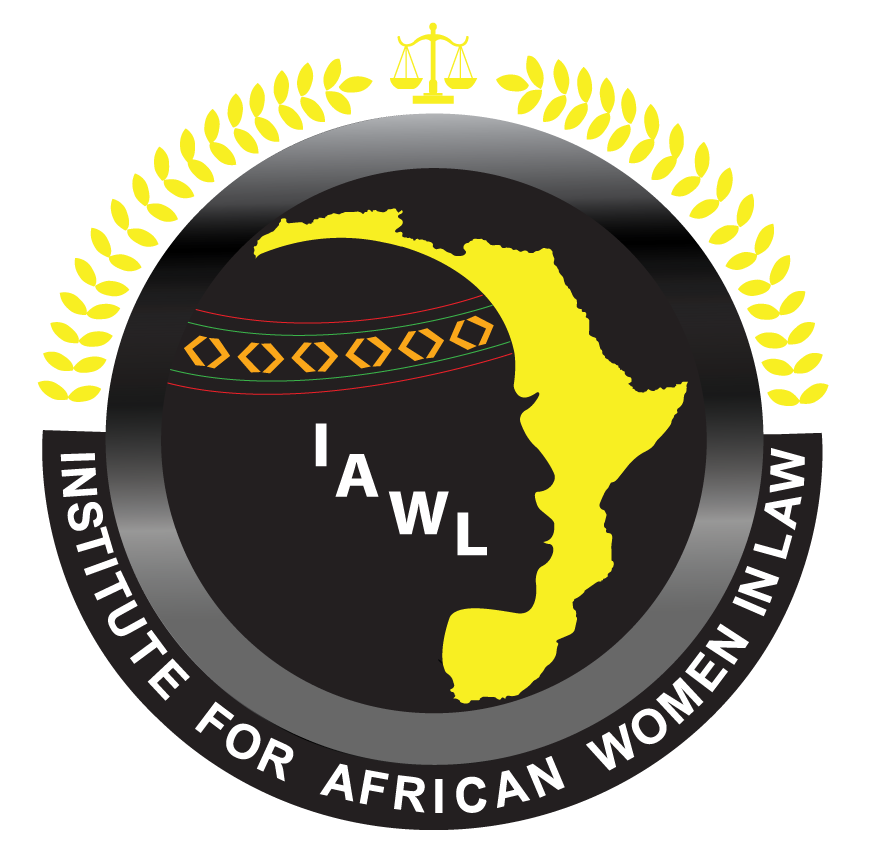Covid-19 In Ghana: Failure of Laws for an Inclusive Agenda
- IAWL

- Mar 28, 2021
- 4 min read
By Bashiratu Kamal
Gender & Labour Specialist. Accra, Ghana.

Cases of COVID-19 were recorded in 2019 and spread rapidly to all parts of the world, with Ghana recording its first case in March 2020. In Ghana, the pandemic has had ravaging effects on our economic, social, and political lives with numbers spiraling to 89,682 cases, 725 deaths, and 85,761 recoveries as of March 2021.
To contain the pandemic, the Government of Ghana put in several responsive measures, including school closures, a ban on social gathering, partial lockdowns, and passage of the Imposition of Restrictions Act, 2020 (Act 1012). The measures and interventions are not gender responsive and fail to extend adequate protection to women, who have lost jobs having to choose between unpaid care work or building a career. According to a World Bank report, about 25% of the total workforce had their wages reduced with several others being laid off. The effect of this was more telling for women who are the most affected. Similarly, the cuts in foreign aid by governments like the United Kingdom resulted in the halting of several support services provided by some civil society organizations (CSOs).
Meanwhile, the United Nations in Ghana had warned that women and girls may be at a higher risk of experiencing intimate partner violence and other forms of domestic violence due to heightened tensions in the households during the pandemic. For this reason, one would have expected the government to be more inclusive in responding to the pandemic to avert the several discriminatory practices and breaching marginalized groups’ rights. The Commonwealth Foundation’s virtual event series Critical Conversations also noted how the pandemic “has exposed weaknesses in governance” calling for incorporation of gendered analysis in interventions.
In the face of the pandemic, Ghana has recorded an upsurge in domestic violence cases, failing to honor its commitments towards ensuring non-violence and discrimination in the United Nations Periodic Review recommendations for the “promotion and protection of Human Rights.” These include a pledge in recommendation 146.62 to "[c]ontinue promoting gender equality through specific laws, plans and programs.” Further, article 12 clause 2 of the 1992 Constitution of Ghana also enjoins the guaranteeing of the “fundamental human rights and freedoms of the individuals” devoid of gender, race etc. Despite these legally guaranteed protections, Ghana has failed to maintain human rights and gender equality.
Unresponsive interventions; a bane for women
The swift response by the government of Ghana after the pandemic hit Ghana left women more vulnerable than before with the closure of schools and businesses. According to available data on the UNDP COVID-19 Global Gender Response Tracker, several African countries were proactive in integrating gender into their pandemic responses while others like Ghana failed woefully in putting creative measures that bridge the inequality gap. These failures include the absence of adequate shelters for victims of abuse during the lockdown.
Partial Lockdowns
As part of responsive mechanisms, the Parliament of Ghana passed the Restriction Act, 2020 (Act1012). According to Section 3(2) of the Act, the imposition of restriction shall be reasonably justifiable and may not exceed three months. Act 1012 gave the President power to grant exemptions in restriction at any point in time. Nevertheless, as countries like Zimbabwe and South Africa granted exemptions and the free movements of certain CSOs and non-governmental organizations (NGOs) to provide support services to victims of domestic violence, Ghana was flooded with the news of harassment of market women by some security personals. Similarly, providers of critical sexual and reproductive health services were closed to the disadvantage of beneficiaries according to international reproductive health NGO Marie Stopes, which called on the government to improve access to contraception.
Hotline for Victims of Domestic Violence
The UNFPA in partnership with the Ministry of Gender Children and Social Protection provided toll-free hotlines for victims of abuse to reach out during the lockdown and beyond. Sadly, this was not complimented with the provision of shelters like in South Africa and activation of the Domestic Violence fund.
Several years after passing the Domestic Violence Act 2007 (Act 732) and its associated Domestic Violence LI, 2016 (LI 2237), the DV coalition, expressed disappointment about the ineffectiveness of the Legislations due to the lack of commitment and resources on the part of government.
Way forward
The government of Ghana must integrate gender into existing responses and be deliberate and committed to ensuring that future interventions during emergencies are responsive to the needs of vulnerable groups. It is important to make the cumbersome bureaucratic processes flexible for vulnerable groups in applying for the stimulus package. Finally, the government must activate the DV Fund established by the Legislative Instrument as a responsive mechanism.
Conclusion
As issues of “differentiated needs” arises according to the Commonwealth Foundation in responding to the pandemic, we must prioritize the needs of marginalized groups. As the Critical Conversations continue, it will help in shaping future responses to pandemics in promoting and protecting the rights of vulnerable groups while ensuring the impact of poverty is mitigated to guarantee equality and justice. Subsequently, as Fatmata Sorie has noted, “we need to bring women on board in developing policies around COVID-19 to make it gender responsive.”
